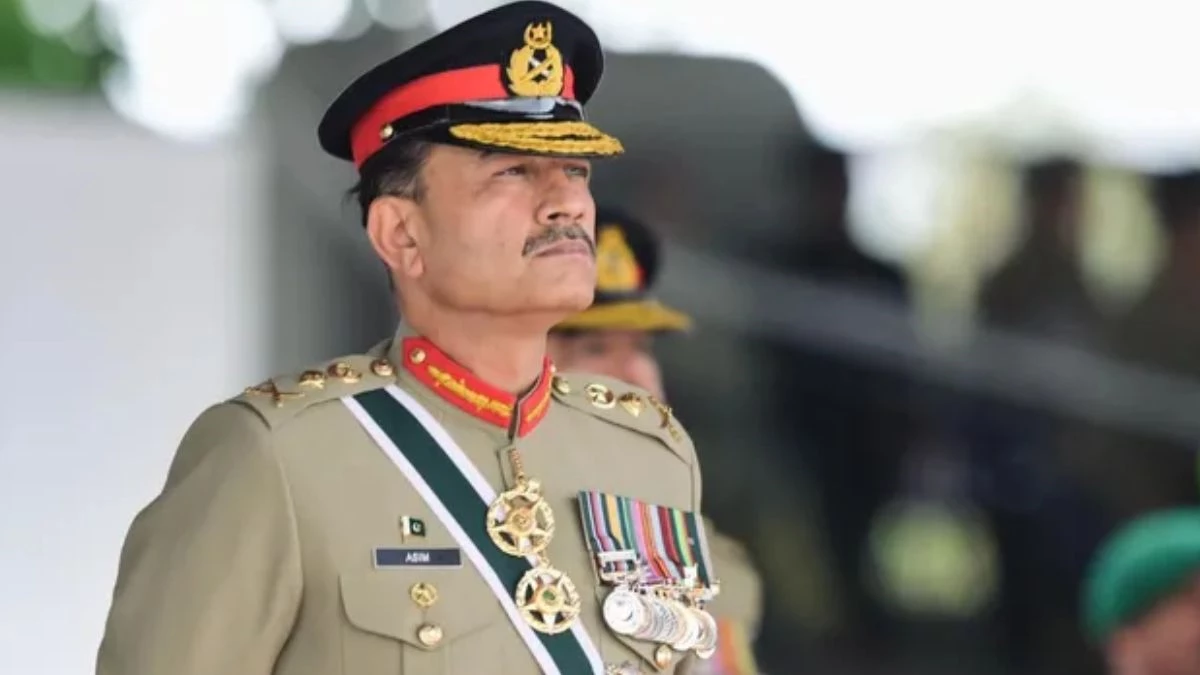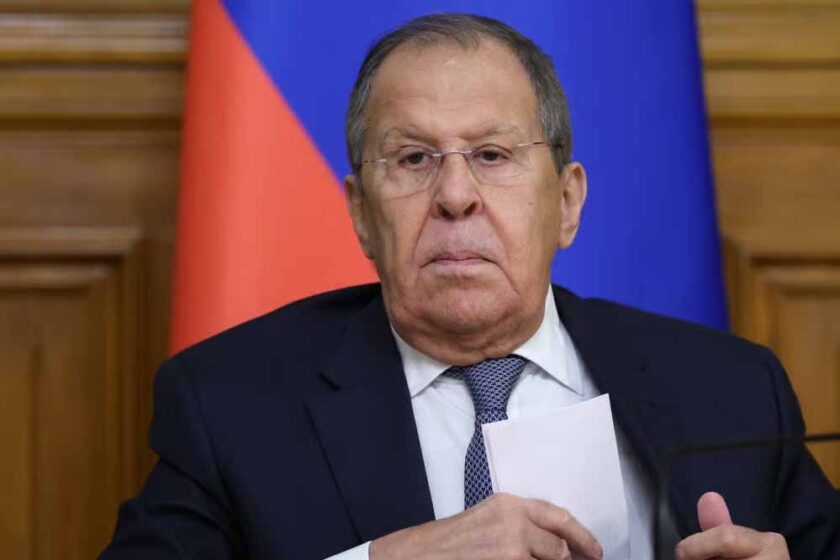Lucknow/Washington D.C. – Pakistan’s powerful Field Marshal Asim Munir faced an unexpected backlash during his visit to Washington, D.C., as a large group of overseas Pakistanis openly protested against him. The incident occurred even as U.S. President Donald Trump hosted Munir for a high-profile lunch—marking their second meeting since India’s Operation Sindoor.
The protests erupted outside a luxury hotel in Washington, where Munir was scheduled to be felicitated at an event. Protesters, many affiliated with Pakistan Tehreek-e-Insaf (PTI), chanted powerful slogans including “Asim Munir is a murderer of Islamabad,” and “I shame on you, Munir!” A striking video from the scene, widely shared on social platform X (formerly Twitter), displayed a digital screen bearing a damning message: “Mass Murderer Asim Munir — When guns speak, democracy dies. Your time is up.”
The reaction comes in the wake of Munir’s controversial military actions back home, which many Pakistanis—especially PTI supporters—blame for human rights abuses and a crackdown on political dissent. His visit to the U.S. and the warm reception by President Trump added fuel to the fire, especially since it followed India’s Operation Sindoor, a bold military campaign that reportedly ended with a ceasefire soon after achieving its objectives.
President Trump’s decision to meet Munir again raised eyebrows globally. While Trump claimed the lunch was merely to thank Munir for keeping Pakistan neutral in the ongoing Israel-Iran conflict, critics argue that the optics send a dangerous message about the U.S.’s stance on terrorism. It is worth remembering that the U.S. had earlier found Osama bin Laden hiding in Pakistan—a country with a long, complex relationship with international terrorism.
Furthermore, the 27 tourists killed in the Pahalgam attack—allegedly by Pakistani elements—remain a dark reminder of Pakistan’s troubled legacy. Observers noted the irony that the same nation whose soil has harbored global terrorists is now seen being welcomed diplomatically in the U.S. capital.

The protests in Washington, however, show a different story. For the diaspora, Field Marshal Munir represents the oppressive face of Pakistan’s establishment. Protesters accuse him of crushing democracy and silencing dissent. Their slogans and signs, including “Your time is up,” highlight the deepening frustration among overseas Pakistanis, particularly those loyal to jailed former Prime Minister Imran Khan.
While President Trump may position his meeting with Munir as a geopolitical strategy amid growing tensions in the Middle East, many believe it reflects the transactional nature of U.S. diplomacy. China and Russia, meanwhile, have cautioned the U.S. against further entanglement in the Iran-Israel conflict, warning that continued interference may destabilize the region further.
Back home, Indian Prime Minister Narendra Modi has already responded sharply to Trump’s earlier claims of securing the Operation Sindoor ceasefire, asserting that credit lies solely with India’s strategic precision and restraint. The diplomatic chessboard is getting increasingly complex—and Trump’s outreach to Munir may have far-reaching consequences beyond optics.









